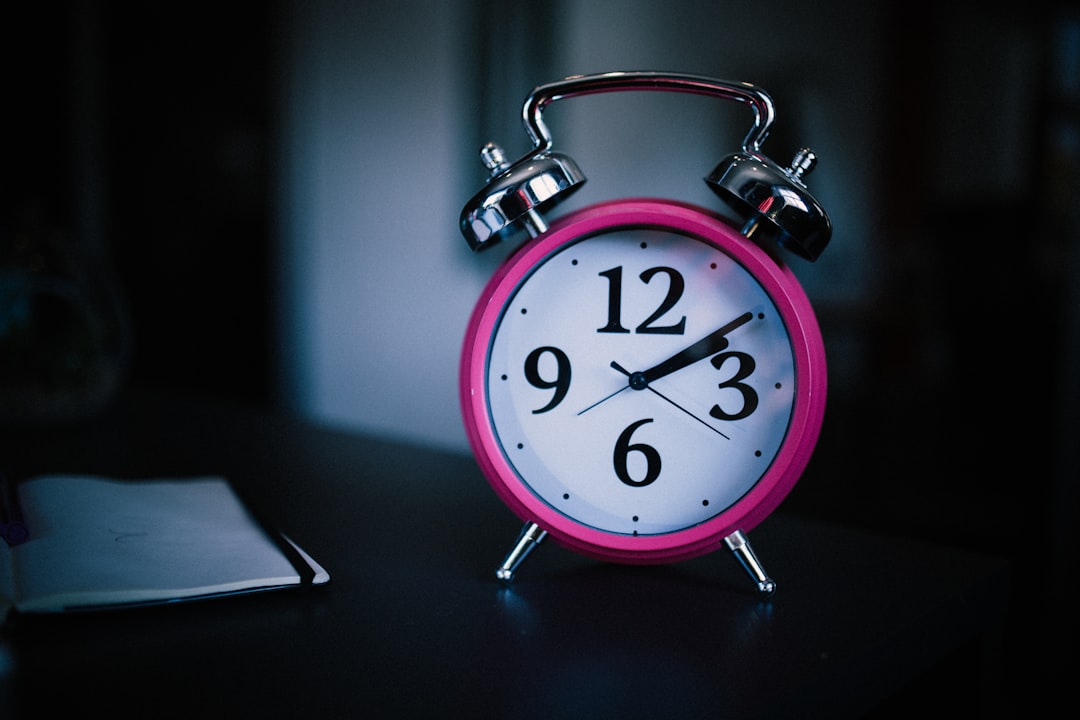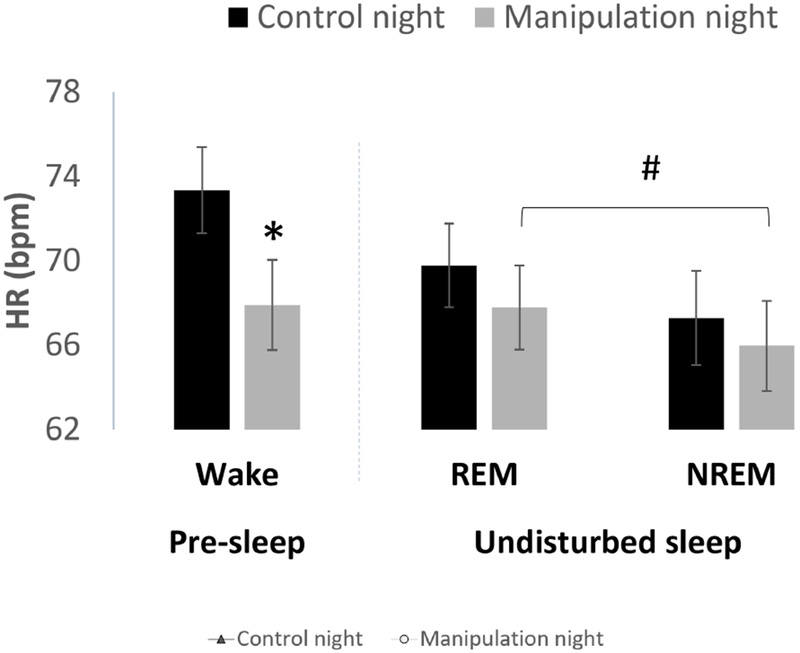This is the most underrated sleep hack
Slow paced breathing is free, has no known side effects, and emerging research shows it improves sleep.

Early in my midlife journey, like clockwork, I’d wake up at 3am (ish) to go to the bathroom. Sometimes I’d go right back to sleep and other times I’d stay wide awake.
Those other times, I’d come back to bed and think about all I had to do. Or the problem of the day would pop up and before I knew it, 10-15 minutes have passed.
Then I’d think, “If I don’t get back to sleep, I’ll feel exhausted all day.” Now it’s an hour later and 4am. I’d watch the clock, worry, and finally leave bed around 5am to go write or workout.
Conventional sleep advice tells us to get out of bed and do something boring like read until you feel sleepy again. I did this some nights. But then I tried something that changed the game for me, and I have never looked back.
Slow paced breathing
When anxiety showed up in my late 40s, I started the Insight Timer (meditation) App. I loved Oliver Jenkin’s anxiety series. One thing he has listeners do is slow paced deep breathing.
The first one in the series is 16 minutes long. The first time I did it it annoyed me how much deep breathing I had to do.
I’ve always scoffed at slow paced breathing because it never did much for me. It felt like a big hype. Breathe, relax, blah, blah, blah. But after 16 minutes of slow and deep breathing, I felt, well, lighter. I remember thinking: “Is this what calm feels like?”
People typically take between 12-20 breaths per minute. When we slow it down to less than ten (6 is the sweet spot), it activates the vagus nerve, which turns on our parasympathetic nervous system, putting our bodies in a relaxed state.
This helps during "aging pause" because we experience more sympathetic tone, or flight or fight, which has all sorts of implications from anxiety, blood pressure, heart palpitations, hot flashes and of course sleep problems.
I loved having a tool to help me move into a state of calm. But the trick was I needed to do it for 10 minutes or more. I don’t remember when I started, but one night when I had the getting-back-to-sleep problem, I gave it a try.
And before I knew it, it was morning, and my alarm went off. Could it be that easy?
Since this time, all but once, I’ve been successful going right back to sleep with slow paced breathing. And these days I rarely even wake to go to the bathroom.
I do a 4-7-8 breathing technique, which is to inhale through the nose for 4 seconds, hold for 7 seconds, and exhale through the mouth for 8 seconds. I’m sure to breathe in and out of my belly and not my upper chest.
“Spontaneously, most people breathe between 12 and 20 cycles per minute. Slow-paced breathing refers to the act of voluntarily slowing down the breathing rate to a frequency close to 6 cycles per minute”
-Laborede et al., J Clin Med. 2019 Feb; 8(2): 193
Research on slow paced breathing and sleep
People have been using breathing exercises for sleep for centuries. Yet the research behind it is relatively new and surprisingly scant.
In 2014, researchers compared 14 insomniacs to 14 good sleepers. They monitored their cardiac neuronal activity by assessing heart rate variability, which was lower in insomniacs, showing autonomic dysfunction. Yet when the subjects with insomnia practiced slow paced breathing (6 breaths per minute) for 20 minutes before bed, their autonomic function improved as did their number of wakings and sleep quality.
A 2019 study examined the effects of 30 days of 15-minute pre-bed slow-paced breathing exercise in young adults. The control group took that time to scroll social media. Researchers examined cardiac vagal activity (CVA), which shows the activity of the vagus nerve on cardiac function. Those in the breathing group had improvements in sleep quality and CVA at night. This suggests that slow breathing may enhance restorative sleep.
I did find one pilot study with women who had difficulty falling asleep ranging in age from 22 to 60. Six women were pre-menopausal, six were perimenopausal and four were postmenopause. They had nights they used an audio-visual, respiratory biofeedback system to slow their breathing until they fell asleep. Other nights, they went about their typical bedroom routine.
The nights they used the audio-visual program to slow their breathing, they had lower heart rate, fewer awakenings, and decreased sleep fragmentation compared to the control night.

Overall there are a handful of studies showing slow paced breathing improves sleep. Why there aren’t more is beyond me.
Taming our aroused nervous systems
Arousal of the nervous system can negatively affect sleep, which can occur due to stress, changing hormones, aging and even the pressure to sleep.
When I worried about falling back asleep, it made me anxious, which was the last thing I needed to go back to sleep. This is why cognitive behavioral therapy is effective for sleep disorders.
In a review acknowledging the very limited research on slow paced breathing for sleep, researchers mention it as a potential effective strategy to lessen what they call “mismatch disease.”
What they conclude in their paper, is exactly what I’ve been mulling over for a couple of years now:
“Although there is significant support for the efficacy of relaxation and sleep-hygiene techniques in treating insomnia, very limited research investigating treatment with slow, deep breathing. Through our perspective, we hope to inspire debate, discussion, and future research into insomnia as a “mismatch disease” and the effectiveness of slow breathing in attenuating autonomic hyper-arousal.”
Slow paced breathing for 10 minutes or more is the most under-rated sleep hack. It has changed my life and has helped me immensely as I transition through menopause. No side effects and it's free.
Have you tried it?
P.S. There are some apps to help you practice slow, paced breathing. Lately I’ve been using the very simple iBreathe app.




Lately I've been having trouble falling asleep. I've tried slow breathing 4 counts in through the nose and 6 counts out through the nose as recommended by Patrick McKeown, I believe. I think it will help me to use an app. Thanks, Maryann.
I'm taking the plunge. I just downloaded the app. I have been managing POTS and autonomic dysfunction. I have been researching about vagal tone and deep breathing is supposed to help with this. I'll let you know how it goes. I'm always guinea-pigging myself! Whatever gets me through perimenopause.